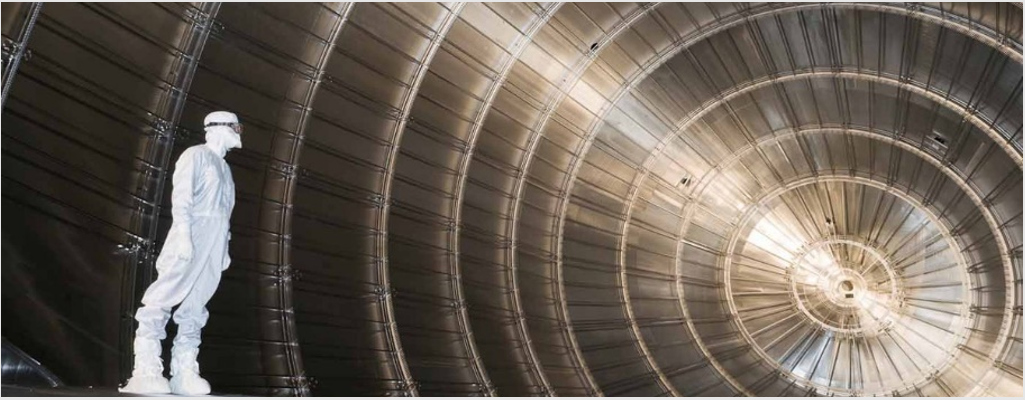Experimental astroparticle physics investigates fundamental, current questions at the interface of elementary particle physics, astrophysics, and cosmology, e.g., what does dark matter consist of and what are the fundamental properties of neutrinos. We operate or are involved in globally visible key experiments (KATRIN and XENON-nT) and international observatories (Pierre Auger and IceCube) of astroparticle physics, and we are planning the next generation instruments (DARWIN, Einstein telescope). This makes our faculty one of the world's visible 'key players' in this exciting new field of work.
The two core lectures, thematically complementing each other in an ideal way, are
- Experimental Astroparticle Physics - I
- Introduction to Cosmology
They form the basis of the course program, provide a broad, well-understood introduction to the topics on an experimental basis (i.e., attendance of at least one of these two lectures is mandatory in both the major of physics and the second major in physics).
Further special courses offer the perfect opportunity for profile building e.g. in detector technology, data analysis, electronics or measurement techniques (also for the neighboring field of Experimental Particle Physics) and for further thematic consolidation, these include
- Experimental Astroparticle Physics - II (Particles and Stars)
- Experimental Astroparticle Physics - II (Cosmic Rays)
- Experimental Astroparticle Physics - II (Gammas and Neutrinos)
- Modern Methods of Data Analysis
- Electronics for Physicists
- Measurement methods and techniques in experimental physics
- Accelerator Physics
- Modern methods of spectroscopy: Applications in astroparticle physics
In the advanced seminar, they refine their presentation skills by giving a talk and creating a poster, which they discuss with other students.
In the tutorial groups as well as in the accompanying student projects at the large-scale research center of KIT, we offer the opportunity to apply what has been learned to their own research work as an ideal preparation for a successful master thesis in an international team within the framework of a fascinating large-scale experiment in astroparticle physics.

